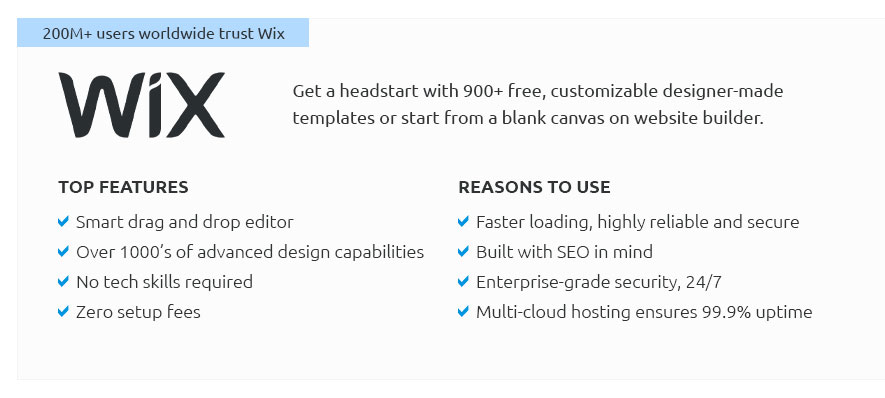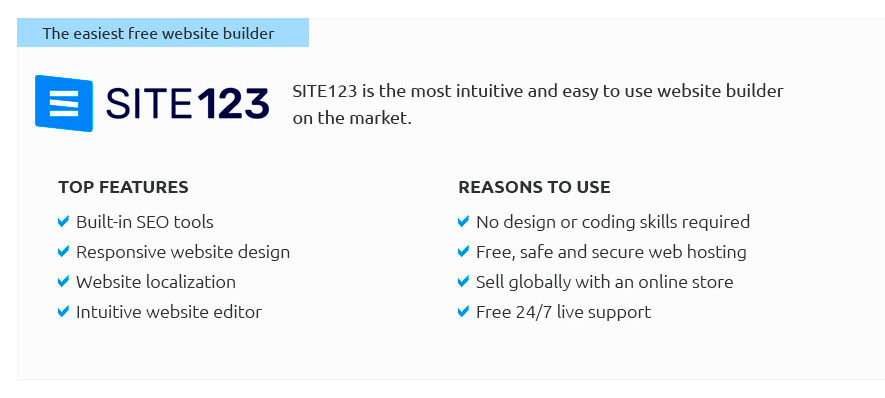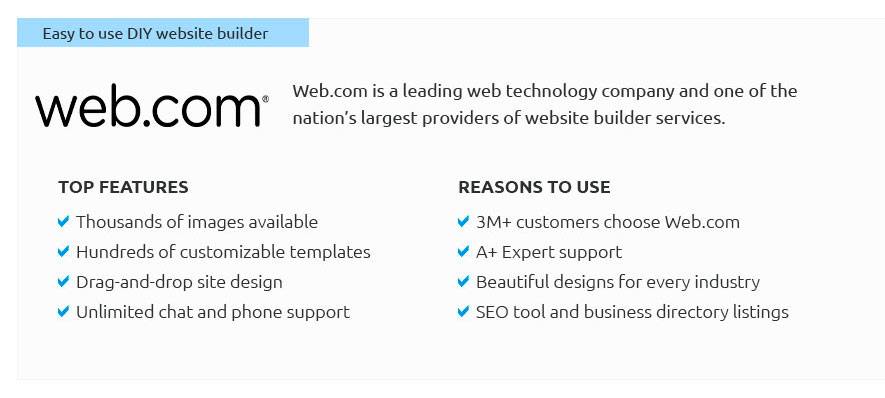 |
 |
 |
 |
|
 |
 |
 |
|
 |
|
 |
 |
|
 |
|
 |
|
 |
 |
Exploring Affordable Website Options for Small BusinessesIn today's digital age, establishing an online presence is no longer optional but a necessity for small businesses looking to thrive. However, the challenge often lies in finding a cost-effective way to create a website that doesn't compromise on quality. This article delves into the myriad options available to small business owners seeking affordable website solutions, offering insights into how these platforms can meet diverse needs. Firstly, it's essential to acknowledge that the term cheap' can be subjective. While some may associate it with low-cost services, others might equate it with poor quality. However, the landscape of web development has evolved significantly, making it possible to find budget-friendly options that still deliver professional results. So, what should small businesses look for in an economical web solution? Several platforms have gained popularity for their affordability and ease of use. WordPress.com, for example, offers a range of plans that cater to different budgets, from free to premium options. Its flexibility and extensive plugin library make it a favorite among small business owners. Meanwhile, Wix and Squarespace provide intuitive drag-and-drop interfaces, allowing even those with no technical expertise to build visually appealing websites. Another noteworthy mention is Shopify, particularly for businesses focused on e-commerce. While it may not be the cheapest option upfront, its comprehensive tools and seamless integration with payment gateways offer long-term value for online retailers. Similarly, platforms like BigCommerce and Weebly provide competitive pricing structures and reliable customer support, making them viable options for entrepreneurs. Additionally, it's worth considering the benefits of utilizing open-source platforms such as Joomla or Drupal. These platforms require more technical know-how but offer unparalleled customization opportunities, which can be a boon for businesses with specific requirements. Beyond the platform choice, small businesses should consider other factors such as hosting costs, domain registration, and ongoing maintenance fees. Many platforms offer bundled packages that include these essentials, providing a more straightforward solution for entrepreneurs. In conclusion, while budget constraints are a legitimate concern for small businesses, the digital marketplace offers numerous avenues to explore affordable website creation. By carefully evaluating the available options and aligning them with their business goals, entrepreneurs can establish an effective online presence without breaking the bank. Ultimately, the key lies in balancing cost with functionality to ensure that the website serves as a true asset to the business. https://www.quora.com/What-are-some-cost-effective-website-options-for-small-businesses-besides-Wix-Squarespace-and-Wordpress
I recommend Site Builder in Namesilo. It's suitable for beginners and straightforward to use. It's a free CMS, and you can easily navigate ... https://thestory.is/en/journal/websites-small-businesses/
We offer a different approach: high-performance websites tailored for small businesses. Using modern technologies like Strapi and Next.js, we create affordable ... https://www.quora.com/What-are-some-affordable-websites-for-a-small-business
ZenBasket is your answer! With ZenBasket, you can design and launch your website or e-commerce platform with ease, all at a budget-friendly price.
|